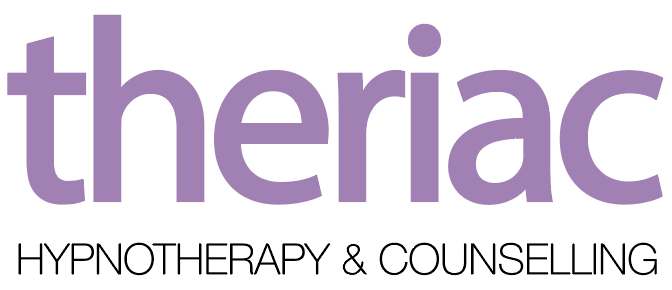Mental Health
Healthy mind as well as body.
Today, we will focus on our mental health. Let’s get the stigma out of the way straight away. We all have mental health like we all have physical health. As our physical health changes and has its peaks and illnesses, so does our mental health. Mental health is not a taboo conversation, or it shouldn’t be, nor should mental illness be. We are all on a continuum psychologically.
- Some of us are flourishing, and we jump out of bed every day, happy to be alive and excited about the day ahead.
- Some of us are mentally well, in a good place, and generally happy day to day
- Some of us are languishing, our resilience is low, and we are starting to not cope with life; we are not suffering from a mental illness, but we are close to the edge with one more trauma, drama and stressful situation that could mean we are poorly.
- Some of us have a mental illness, either diagnosed and receiving treatment or suffering in silence.
Everyone is on the continuum, so everyone could become poorly; hence, we need to fully understand our mental health, what affects it, and what we can do to stay mentally well. As with our physical health, some of us are naturally stronger and more resilient. Some of us have been through horrific trauma in our lives or have not had a nurturing childhood or home environment. However, mental illness can impact anyone at any age from any upbringing or environment.
So, what is Mental Health?
- How we feel, think, and behave.
- How do we cope with the ups and downs of everyday life?
- How we feel about ourselves and our lives.
- How we see ourselves and our future.
- How stress affects us.
- How we deal with adverse events.
- Our self-esteem and confidence.
Keeping mentally well.
Sometimes and with some mental health conditions, medical intervention is needed; however, for most, being proactive can prevent you from getting poorly in the first place and assist in a quicker recovery if you do get ill. What things can you do to keep mentally well?
- Sleep – A pillar of physical and mental health – Adults need 7-8 hours a night.
- Be kind to yourself – Take time out or off regularly.
- Create a well-being tool kit – things to do when you are not feeling great; I will discuss this in more detail later.
- Get out in nature – A lovely country walk in nature with your wellies and gloves on.
- Get creative – painting, drawing, baking, crafting, knitting, sewing, DIY, decorating, fixing up a car – there are so many, but it’s about stepping away from the world and making something.
- Write in a journal – A fabulous way to get your thoughts or worries out of your head and on paper. Helps you rationalise and reflect.
- Relaxation and meditation. Try to commit time every day, even if it’s just for 10 minutes.
- Get active -This may be going to the gym, joining a local team, doing seated exercises, or just taking a walk; it doesn’t have to be tough, but get moving daily.
- Less screen time. Step away from laptops and social media or limit the time.
- Reduce alcohol – Alcohol is a depressant and shouldn’t be a coping mechanism. I’m not saying no alcohol, but if it’s a crutch, this needs rethinking.
- Balanced diet and plenty of water. What you put in your body affects your mind.
- Connect with others – Reach out to friends or find new ones. It’s always good to talk and get things off your chest.
Now, you don’t need to do all of them; some will work for you, and some won’t. Find what works for you and make time for your daily mental well-being. If you work all day, do home chores and crash, you risk burning out. If this is, you? What changes can you make to protect your mental health?
Well-being toolkit examples.
- Mood shifters are memories of events in your life that make you feel warm and fussy. One of mine is a video (who has a video, I hear you say) of my daughter when she was a baby, especially the first time she saw snow.
- Happiness playlist—Those tunes that make you happy when you hear them, sing along to them, or maybe dance along to them.
- Cosy blanket, slippers, and comfy clothes.
- Create a happiness photo album on your phone; you can make it into a video, even add music to theme them, and have more than one.
- Favourite film or book.
- Gratitude list – Write a list of all the things you are grateful for.








